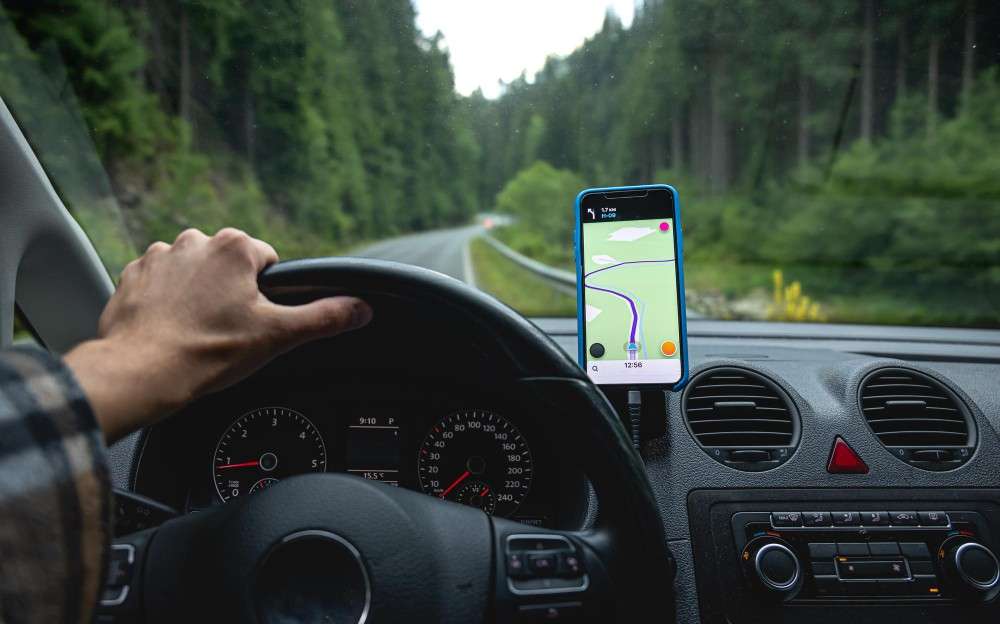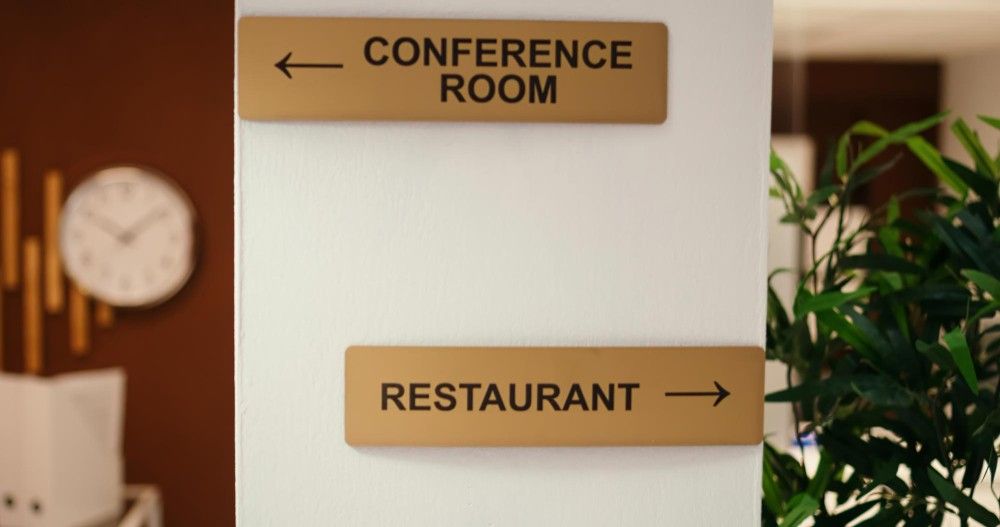A good map app can prevent you from getting lost in the middle of nowhere in the U.S. Whether you're commuting to work, planning a road trip or trying to get out of traffic tickets later by proving what actually happened (I never speed, officer, I swear), a good navigation app can be the difference between making it on time and being late. The three most common choices are Google Maps, Apple Maps, and Waze — each has its own strengths. Let's dive into how they stack up and which might be worth your while.
Google Maps: The All-Rounder
Google Maps is inarguably one of the most popular navigation apps in use around the world — and for good reason. It provides precise directions, current traffic information, and details on restaurants, gas stations, and landmarks.
What makes it great:
● Detailed directions: Whether you plan to walk or drive, your route is displayed meticulously, complete with detailed information such as street names and the estimated time it will take to arrive.
● Traffic updates: It pulls data from millions of drivers, showing real-time traffic jams, road closures, and estimated driving times.
● Local details: Read reviews, compare ratings, view photos, and see hours of operation for businesses near you.
● Offline mode: Download maps and use them offline, whether on your cross-country road trip or in the backwoods where there is no signal.
Where it can improve:
● The interface may display too much information onscreen.
● Sometimes it reroutes too much, particularly in heavy traffic.
● Ideal for daily use, long trips, and individuals who enjoy exploring new territories.
Apple Maps: The iPhone Favourite
Apple Maps had a rough start when it debuted. However, it has improved significantly over the years and is now a solid competitor to Google Maps — especially for iPhone users.
What makes it great:
● Gorgeous design: Apple Maps features a simple, easy-to-read interface with fluid animations and crisp graphics.
● Privacy focus: Apple doesn't track your data the way Google does. It prioritizes user privacy.
● Support for Apple devices: Works great with Siri, Apple Watch, telephone and CarPlay. Ask Siri for directions, and it will show you the way — hands-free.
● Detailed city view: In select U.S. cities, Apple Maps displays 3D landmarks and lane-level guidance for highways.
Where it can improve:
● Not as much detail in rural or obscure areas.
● Less feedback from users and information about businesses than on Google Maps.
Best for: People who own iPhones and are looking for an easy, privacy-focused app that is fully integrated with other Apple devices.
Waze: The Traffic Fighter
Waze, which Google owns, was created specifically for drivers. It's popular for its crowdsourced updates — users can report things like accidents, speed traps, or road closures in the moment to prevent others from being delayed.
What makes it great:
● Crowdsourced data: Users report traffic, police, and hazards in real-time to help keep the app up to date.
● Fastest routes: Waze recalculates your route as you drive and finds the fastest way to get where you're going, even if it means adjusting your route to achieve the optimal path.
● Fun and interactive. You can personalize your map icons, voices, and even use celebrity voices to direct you.
● Gas price updates: The feature displays nearby gas stations and compares prices in real time.
Where it can improve:
● It can get in the way with too many pop-ups and icons.
● Operates efficiently only if the internet connection remains stable.
● Not exactly conducive to walking or navigating on public transportation.
Best for: Daily commuters who dread traffic and want to arrive at their destination as quickly as possible.
Final Thoughts
They're all good — it just depends on what you need more of.
Opt for Google Maps if you want the most comprehensive navigation, reliable directions, and robust business information, along with the option to use offline maps.
Select Apple Maps if you're an iPhone owner who values privacy, as well as a clean and intuitive design.
I prefer Waze if you're looking for up-to-the-minute crowdsourced updates and real-time routing that will get you where you need to go before traffic does.
For many U.S. drivers, Google Maps is often the instinctive choice. However, if you live and die by Apple's ecosystem, or despise taking a bath in baby wipes in traffic, the other options are legitimate alternatives for your needs.
-black.png)









